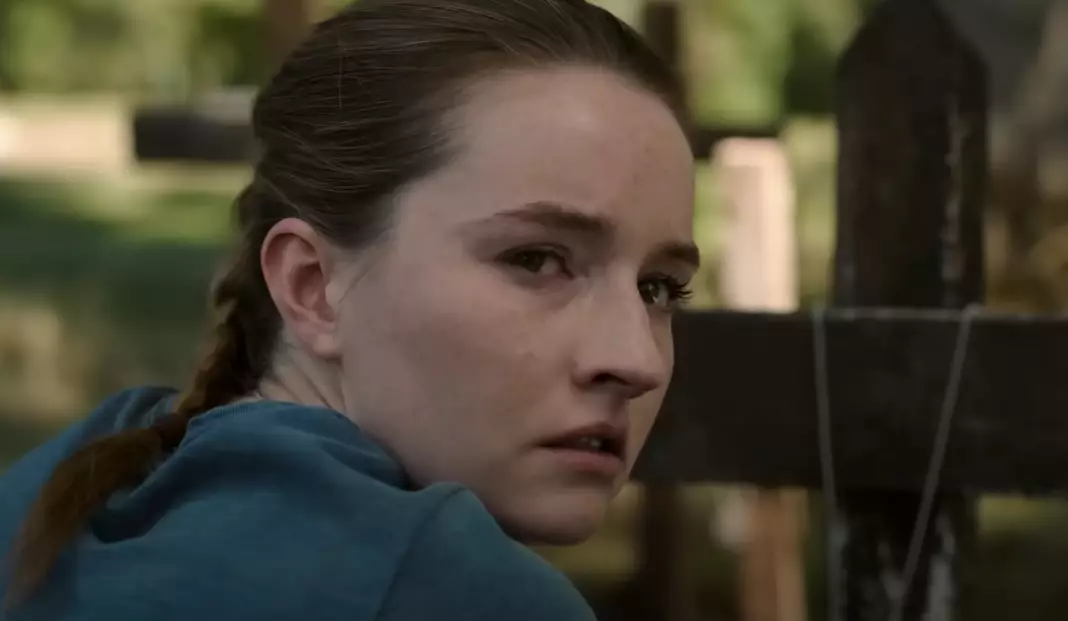The television landscape, especially within the realm of adaptations, has become an arena defined by its fervent fanbases, and Kaitlyn Dever’s entry into HBO’s *The Last of Us* Season 2 is no exception. The stakes are high as she takes on the complex character of Abby, a role rife with emotional depth and controversy, which has been the subject of intense debate among fans since the release of *The Last of Us Part II*. In making her mark within such a well-established franchise, Dever acknowledges the weight of her new responsibilities. As she prepares to bring this multifaceted character to life, she hopes to resonate with audiences: “I want to do the character justice, and I hope that people enjoy what I do with that,” she expressed in her recent interview with Variety.
Dever’s aspiration to bring authenticity and honesty to Abby is commendable. Such qualities are essential when bridging the gap between the source material and its television adaptation. This transition is challenging for any actor, particularly one who stands as the “newbie” within a beloved universe. The emotional landscape surrounding Abby’s character is arguably as challenging to navigate as her physical prowess; showcasing her strength and determination while retaining a relatable humanity will be a formidable task for Dever.
In the same interview, Dever refuted various rumors regarding her personal experience during production. It was reported that the contentious nature of Abby’s character necessitated heightened security for the actress. Dever was quick to set the record straight, firmly stating, “that is not true,” and attributing the confusion to a misrepresentation that had taken on a life of its own. Her proactive approach to dispelling these rumors speaks volumes about her integrity and commitment to engaging with fans of *The Last of Us* on a personal level.
The controversy surrounding Abby is reminiscent of the real-life backlash faced by the original voice actress, Laura Bailey, who experienced harassment and threats after the game’s release. Dever’s role will inevitably attract similar scrutiny, and it will be crucial for her to maintain her resolve amidst the waves of expectation and criticism that are sure to follow her portrayal.
An important aspect of Dever’s portrayal involves her physical transformation—or lack thereof. Unlike the character as envisioned in the game, Dever did not undertake a significant physical change to embody the muscularity traditionally associated with Abby. This decision is rooted in the casting process, as articulated by showrunner Neil Druckmann, who emphasized that Dever’s talent far outweighed any concerns about physical transformation. This perspective invites contemplation on the broader implications of representation in adaptations; the emotional weight and complexity of a character can be conveyed in various forms, challenging the stereotype of physicality as a sole indicator of strength or capability.
Expectations may diverge further in Season 2, as the showrunners prepare to present a narrative that deviates from the game’s storyline. This divergence has already sparked discussions among die-hard fans, with showrunner Craig Mazin hinting at the potential for significant reactions from the audience. His assertive stance of prioritizing storytelling authenticity over social media appeasement raises questions about the loyalty of adaptations to their source material and how grounded narratives can sometimes lead to polarizing feelings among those who cherish the original stories.
As fans anticipate the premiere of *The Last of Us* Season 2 this April, the conversation surrounding Dever’s integration into the series continues to evolve. With her commitment to authenticity and the careful management of the character’s representation, audiences are encouraged to approach this adaptation with an openness to new interpretations.
Moreover, with tantalizing hints about the future of the franchise, including the much-anticipated *The Last of Us Part 3*, it’s evident that the narrative universe created by Naughty Dog is far from finished. As fans eagerly await not only Dever’s portrayal of Abby but also the wider implications of Season 2’s narrative direction, there is a collective interest in how this next chapter unfolds—both for the characters and for the dedicated community that supports them. With so many layers to explore, both in the show and in the culture it influences, the future for *The Last of Us* seems both thrilling and full of possibilities.


Leave a Reply